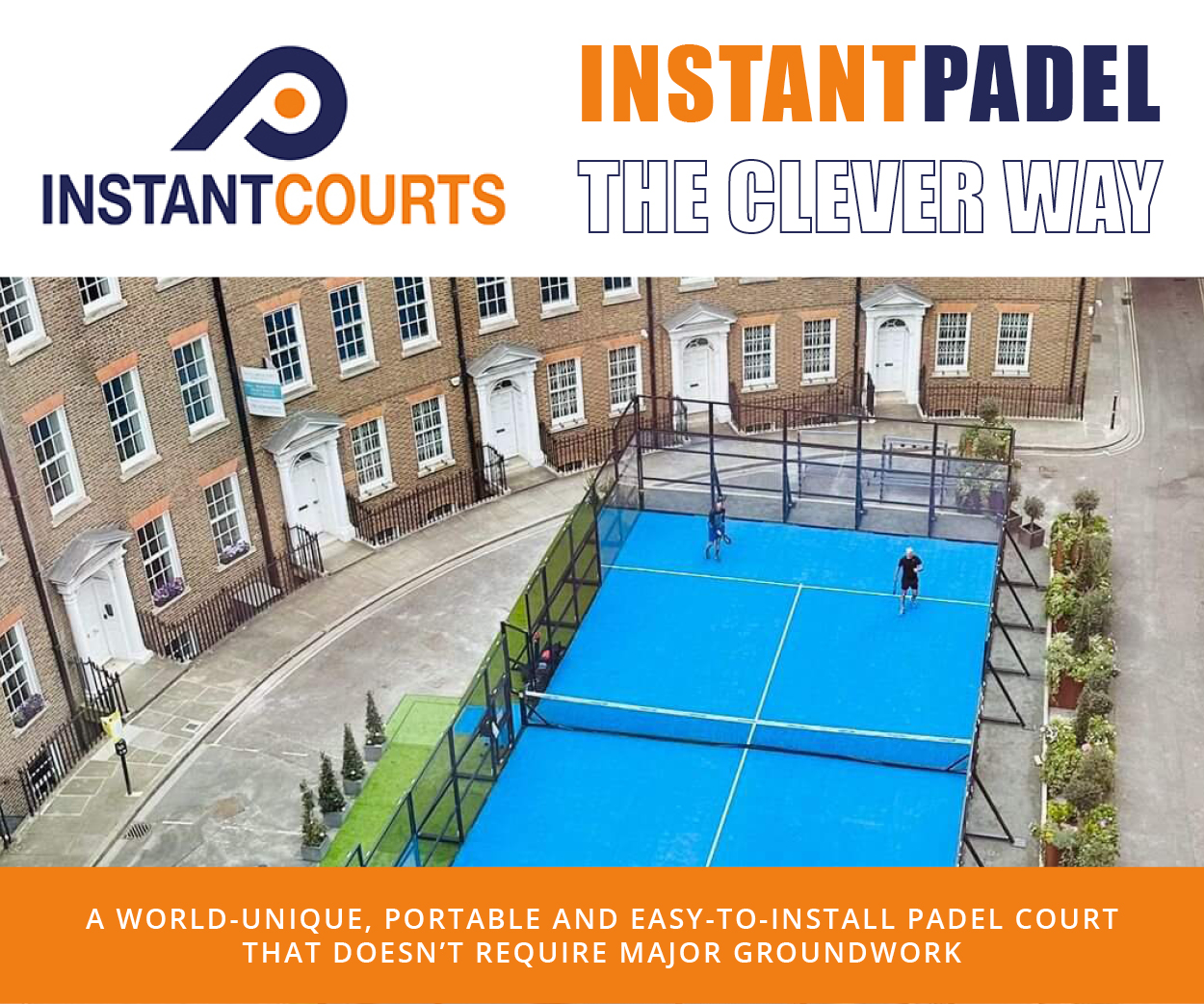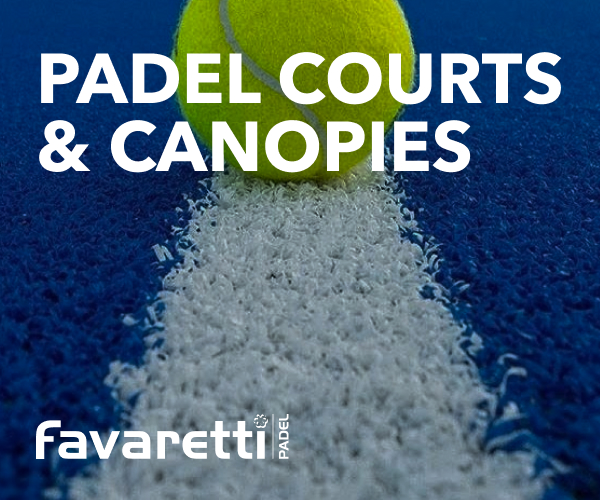In this guest post by Padel Project UK, we hear from GB international Nikhil Mohindra on the rigours of grinding out ranking points and carving out a living on the FIP tour – and why it may take 10 years before we see a Brit in the world’s top 10.
Premier Padel, the elite level of the new Qatari-funded world tour, is dominated by Spaniards and Argentinians for a simple reason: the game has been around in their lives from the get-go. Hispanic players grew up with facilities on their doorstep and an abundance of padel role models such as Fernando Belasteguín and Juan Martín Díaz.
Here in the UK, the sport is only just beginning to pierce the public consciousness and remains a niche pursuit for now. But as the sport becomes more mainstream, our talent pool will grow, and more young players will start dreaming of competing on the Premier Padel circuit.
For now, we’re an island obsessed with football (plus rugby, cricket and tennis to a lesser extent), so youngsters who choose padel as their calling in life are outliers. One of those is Nikhil Mohindra, member of the GB men’s team that finished seventh in July’s European Padel Championships in Sardinia.
Nikhil, how did you get into padel?
I left school at 17 to work in the family business and found myself with heaps of spare time. I was a member at the local David Lloyd and used to play a lot of badminton and table tennis. When they built some padel courts I gave it a go out of curiosity. I enjoyed it but would only play once every two or three weeks to start with.

When did you start taking it seriously?
One of my childhood friends, Sam Jones, was taking it super seriously and having a lot of success with it. Seeing someone who I grew up with achieve success in such a short amount of time made me think, ‘Why not me?’
Very quickly I started to play more and more. I’d hit balls with a friend every morning at 8am before starting work and before I knew it I was entering British tour tournaments.
Back in 2017 the padel community was very small so I’d enter these tournaments and have the opportunity to play some of GB’s top players. Naturally, I got thrashed, but I learnt so much from these matches.
Whilst I was getting beaten comprehensively against these guys, the fact that I was even able to have some success after such a short amount of time, led me to start taking padel a lot more seriously.
How far are you off Premier Padel and what are the next steps?
The two UK players above me at no.1 and no.2, Christian Medina Murphy (world no.125) and Sam Jones (164), are already competing in Premier Padel. Currently, I’m 23 and ranked 499 in the world. I hope that by the time I’m 25 I’ll be competing in Premier Padel events.
To get there, I need to start training a lot more and then it’s really just competing as much as possible in FIP tournaments to gain points. I recently got a couple of points by beating the top Swedish pair at a FIP rise event in Belgium.
How long will it be until we see a UK player in the top 10?
Given the length of time padel has been around in Spain, I’d say we’re another 10 years off having a British player break into the top 10. But, we’ve already got Christian close to breaking into the top 100, so who knows!

Is it possible to pursue a padel career full time?
Right now, not really. Prize money at the FIP events, and even at the lower end of Premier Padel, isn’t enough to support the prohibitive costs of training and travelling to competitions.
With the recent acquisition of the pro circuit by Qatar Sports Investments, I expect to see prize money continue to grow. Perhaps by the end of the decade British padel players will be able to pursue and sustain themselves fully from professional padel.
What does the UK padel industry need to do to compete with the Spanish or Argentianians?
It’s simple, we need more courts and more time to catch up.

Premier Padel explained
Between 26 February and 8 December, the top pros compete in 24 tournaments across 18 countries. At the end of this whirlwind season, the top eight ranked pairs will battle it out in Barcelona, with the finals culminating on 22 December.
Here’s how ranking points are awarded throughout the season:
Premier Padel Major (four events throughout the season)
2000 points for the winners, 1200 finalists
48 pairs
Premier Padel P1 (12 events)
1000 points, runners-up 600
48 pairs
Premier Padel P2 (10 events)
500 points, runners-up 300
32 pairs
Premier Padel Finals (end of season event)
1500 points for the winners
8 pairs
You need to be ranked in the top 175 to have a chance at gaining entry into these tournaments. For Premier Padel hopefuls, there are five tiers of International Padel Federation (FIP) events – Platinum, Gold, Star, Rise and Promotion. Players earn points competing in these tiers, helping them climb the ranks and compete against the best.

Find out more at padelprojectuk.com









































